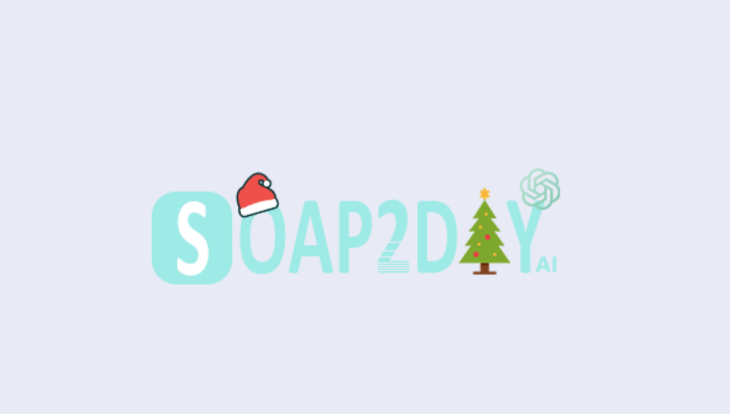
By Ahmad Hathout
The Federal Court said Wednesday that a novel website-blocking order it granted last month that targets “copycat” content pirate websites that pop up to replace similar ones is a “modest and necessary extension of the relief commonly granted in proceedings of this kind.”
Whereas the court has previously made orders that defined a particular domain to be blocked – with additional websites requiring justification – the new order granted on December 16 against “Soap2Day” will allow the plaintiffs, through a simplified motion to the court, to expand the list of website domains for internet service providers to block if those sites make infringing content, are unresponsive to notices of infringement, and operate in “substantially the same ways as the existing sites.”
Third-party ISPs subject to the block will be able to challenge the list of domains presented by the plaintiffs within 10 days before it’s filed with the court. If it’s not challenged, the court will be able grant the order without further proceedings.
Because the December 16 order was done on an expedited basis, the court reserved its reasons for a later period, which was Wednesday. The court said the order is “necessary and the most, if not the only, effective remedy to put an end to the copyright infringing activities of the Defendants and of those who imitate their platforms;” it is not “unnecessarily complex;” the implementation costs are “low or negligible;” and is limited in reach.
Part of the reasoning of the court to allow this new type of block is the fact that Soap2Day operates on an advertising model, rather than on monthly subscriptions, so it is “difficult to determine whether new domains operating under the banner of Soap2day are operated by the same people or are otherwise related.”
The order, like similar static domain ones, will last for two years and is different than “dynamic” site blocking orders, which involve blocking any infringing site that broadcasts certain live sporting events during certain periods.
“The Plaintiffs report a growing trend, whereby infringing platforms that are successfully deactivated are promptly replaced by copycat sites,” the court said in its reasons. Platforms such as 123movies, Popcorn Time, and The Pirate Bay have all been shut down or blocked at one time or another, only to be replaced by identical sites with similar domain names.
“Copyright owners are forced into a digital game of ‘whack-a-mole’: each time a site is deactivated, another immediately appears in its place,” the court continued. “Traffic to domains that are subject to site-blocking orders may be disrupted, but the overall traffic to copycat sites is undiminished.”
The case, which includes damage judgments in the multiple millions of dollars against the defendants, was brought by plaintiffs Bell Media, Columbia Pictures, Disney, Netflix, Paramount Pictures, Universal, Warner Bros. Entertainment, Get’Er Done Productions, and Spinner Productions.
The case against Soap2Day started on June 12, 2023, when the plaintiffs filed for a court order to restrain the defendants from operating the site. The next day, the domain the plaintiffs targeted disappeared. But then, in May of 2024, the plaintiffs noticed a number of different domain extensions with the same brand emerge: soap2day.rs, soap2day.dayz.to and soap2day.day, according to the court record.
When the plaintiffs amended their request to the court to target the new domains, a couple of the aforementioned domains shut down, but up sprung soap2day.pe, whose platforms was “nearly identical in appearance” to the .rs extension.
Hence the name “whack-a-mole” given by the court.
The domains listed in the schedules to be blocked include soapgate.org, soap2day.to, .ac, .sh, .mx; soap2dayx.to and soap2dayx2.to; soap2day.day and soap2day-day.co; and s2dfree.to, .cc, .de, .is, and .nl.



